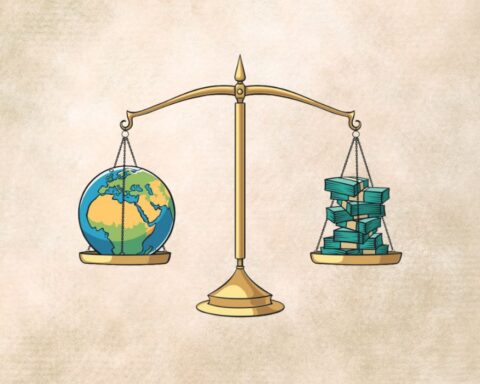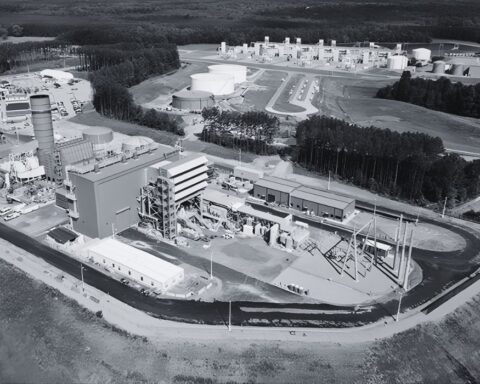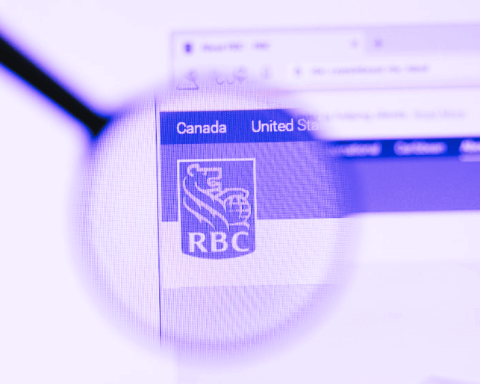It would be normal to feel a little shaky about the markets right now. There’s lots of volatility and concern about panic behaviour as COVID-19 spreads. Investors are looking to buy bonds in a flight to safety, but interest rates are on their way down so traditional bonds will offer very low financial returns.
Now is a really good time to look at impact investments as a way to further diversify your portfolio.
An impact bond is a loan to an organization – often a non-profit – that offers investors a financial return in addition to making a direct positive social or environmental impact. Each bond has a different minimum investment, interest rate, and maturity date. Different impact bonds will generate different types of impact.
Community bonds in Toronto include the Centre for Social Innovation (CSI) (a co-working space for social entrepreneurs with three locations in Toronto) and Sketch (an arts studio with programming for at-risk youth in the Toronto Queen West neighbourhood). Green bonds include SolarShare – a co-op that builds community-owned solar projects – and CoPower – a company that finances low-carbon projects like geothermal heat pumps and LED retrofits.
Why should investors care?
Global financial markets are a roller coaster right now. Stocks are all over the place, and interest rates are so low that traditional bond yields aren’t keeping up with inflation. Impact bonds are quite beautiful in that they are completely uncorrelated to financial markets. I own both a SolarShare solar bond and a Centre for Social Innovation (CSI) community bond. Both of these bonds are completely unaffected by this crisis, and I expect them to continue paying me interest every 6 months like clockwork so long as the sun keeps shining and social entrepreneurs need a place to work.
Of course, investors need to evaluate the risk before they buy, and should only allocate a small portion of their portfolio to impact bonds.
What’s the downside?
Impact bonds are subject to three main risks:
- Liquidity risk: the investment is locked-in, usually for a period of 3 to 10 years
- Duration risk: the interest rate is fixed, so investors won’t benefit if interest rates rise
- Default risk: if the organization goes bankrupt, investors can lose some or all of their money
Impact bonds are too small to be rated by traditional bond ratings agencies, so default risk can be hard to discern.
CSI and SolarShare have never missed an interest payment, but investors should be careful not to invest more than they are prepared to lose.
Tim Nash blogs as The Sustainable Economist and is the founder of Good Investing.







